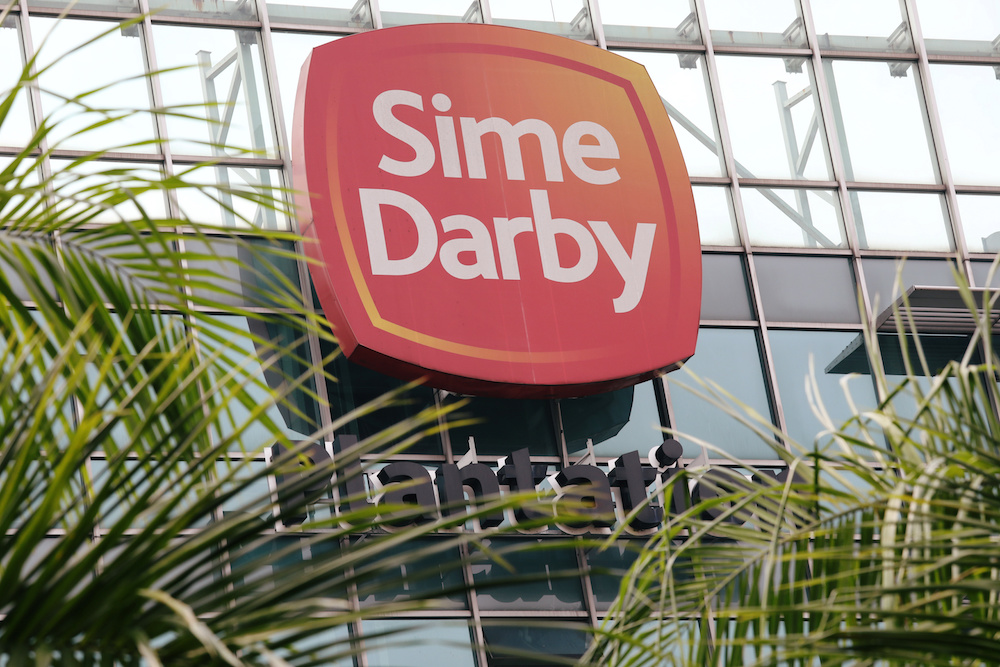KUALA LUMPUR, Jan 27 ― Sime Darby Plantation wants to enlist the public’s help in protecting the forests through the use of Crosscheck, an open-access online tool that allows anyone to trace its supply back to the mill level.
Group managing director Helmy Othman Basha said an important feature of Crosscheck is that it locates each mill in its surrounding landscape, with overlays that identify risk areas of intact forest and the habitats of endangered species.
“In addition, users can click through to satellite imagery that monitors changes in the forest,” he said in an interview featured in Brunswick Social Value Review (Vol 1).
Crosscheck, he explained, also provides new information on the ownership of each mill, creating the opportunity for improved traceability and accountability across the extensive supply chain.
The tool is specifically designed for anyone who is concerned about protecting forests and the role of the palm oil industry in deforestation. They include corporate buyers who want to ensure their brands are not linked to deforestation, and investors who want assurance that their financing is not associated with deforestation.
“We are inviting people to use this tool and to alert us if they identify a problem on the ground so we can take action,” Helmy said.
In the article titled “Drawing the line on deforestation”, he addressed the issue highlighted by activist groups such as Greenpeace which have linked palm oil production with the destruction of habitats for the endangered orangutan.
Concerns about this environmental impact have affected the entire palm oil industry, causing the commodity’s prices to decline and share prices for major palm oil companies to fall.
Helmy said as one of the world’s biggest palm oil companies, Sime Darby is feeling the impact on palm oil.
“My first reaction was, this is just unfair; after all, we have been recognised as leaders in sustainability for many years. We’re not the ones doing deforestation,” he stressed.
Helmy said a new spirit of collaboration is starting to shake up the industry. In October 2019, a coalition of 10 major palm oil producers and buyers announced a joint project to support and fund the development of a new, publicly available radar-based forest monitoring system known as Radar Alerts for Detecting Deforestation (RADD).
Comprising Sime Darby and some of its industry peers, the coalition includes buyers such as Nestle, PepsiCo and Unilever.
According to a media statement to announce the project, preliminary results for Malaysia and Indonesia indicated the new RADD system could detect tropical deforestation several weeks earlier than optical-based satellite system, making it possible to respond more quickly than ever before.
“We are working to a higher standard today than we did in the past, and standards and expectations will continue to evolve from here. We know this is a journey.
“We know that there will be mishaps along the way but we will handle them and keep pushing for greater transparency to drive deforestation out of our supply chain and our industry,” Helmy said.
Sime Darby produces around 2.5 million tonnes palm oil a year and is the largest producer of certified sustainable palm oil. It is also a founder member of the Roundtable for Sustainable Palm Oil. ― Bernama






















